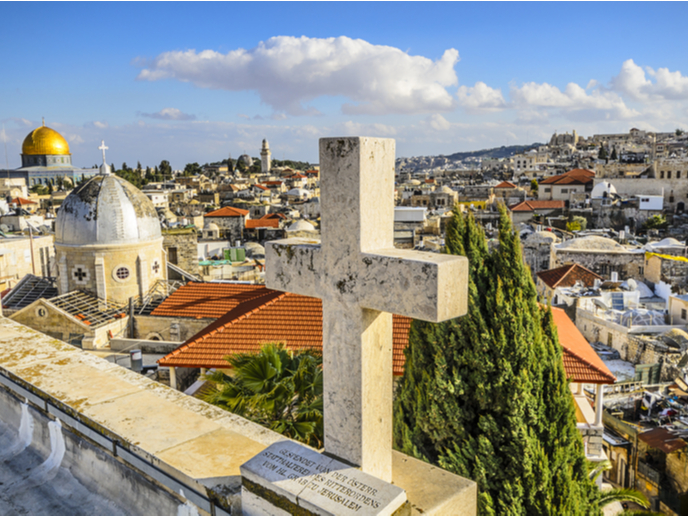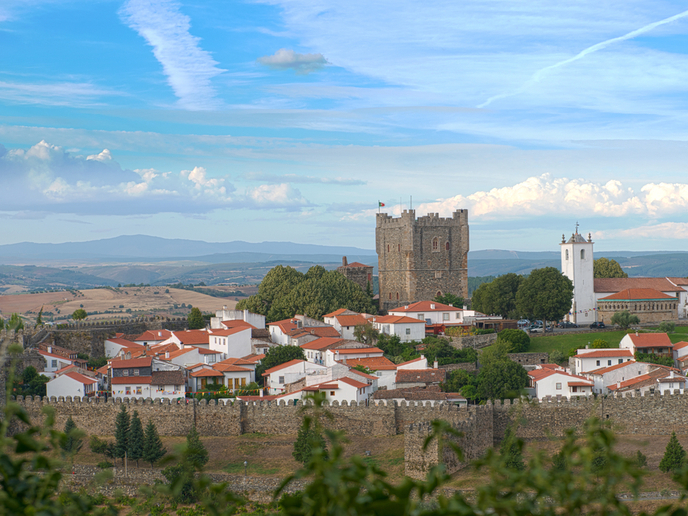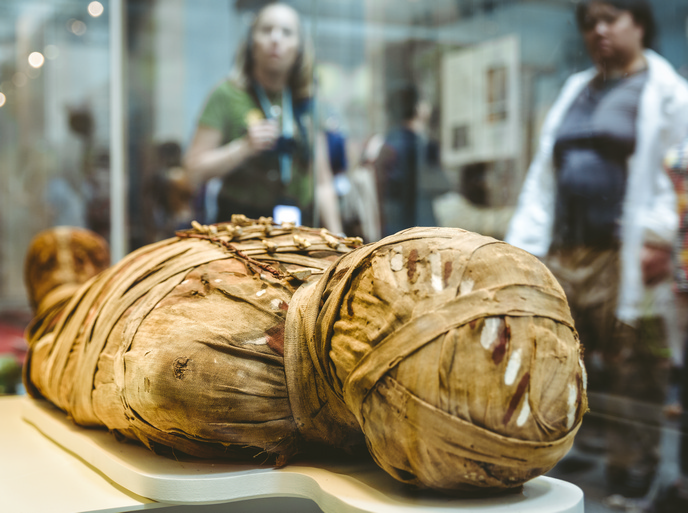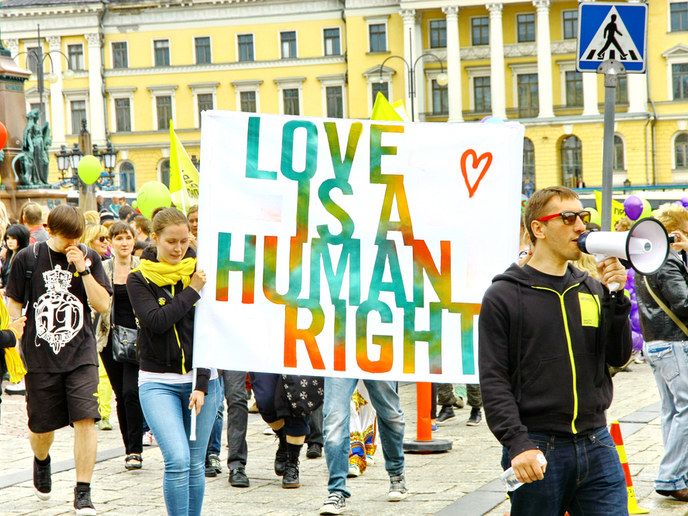17th century ‘tweets’ chart the Middle Eastern Christian diaspora
The 16th and 17th centuries are an important time for Middle Eastern Christianity, as worshippers left their home nations and spread around the world. The EU-funded Stories of Survival(opens in new window) (SoSGlobal) project sought to investigate this little-studied period of history. “The big problem is that most sources have long been hidden away in monasteries, churches and private collections,” says project coordinator John-Paul Ghobrial. “Even for basic questions, like ‘what did people write?’, we haven’t been able to get a total view.” Fortunately, the SoSGlobal project could draw on the successes of a wave of recent digitisation initiatives that have transformed what is possible for researchers. The SoSGlobal project set out to collect as many primary sources as possible from the period 1500-1750.
Worldwide search
“The challenge is almost impossible,” adds Ghobrial, an associate professor in Early Modern History at Balliol College, University of Oxford(opens in new window). “But you can’t get a full picture of the literary production of these communities unless you try to document every single manuscript.” Ghobrial recruited a team of scholars from around the world, including Egypt, France, Germany, Italy, Russia, Spain and the United Kingdom, and requested details of available manuscripts in every collection they could find. The hard work paid off: Ghobrial’s team were able to catalogue more than 5 000 manuscripts, double the number they expected, comprising liturgical works, accounts of the saints’ lives, and more. “In general, looking at the manuscripts alone doesn’t necessarily bring too many surprises,” explains Ghobrial. “So instead we focused on colophons, the signatures of scribes at the end of a manuscript.” These colophons are like tweets, he says, containing details about who wrote the manuscript, who commissioned it, and contemporary events that were unfolding locally. Through these colophons, Ghobrial and his team identified over 1 200 individuals involved in the production of manuscripts, commissioned by both prestigious families and even ordinary people.
Voyage to America
There were some surprises along the way. “Occasionally we found little gems, outliers, for example diaries kept by Middle Eastern Christian priests who’d gone to Europe or America,” notes Ghobrial. One of these contained the earliest recorded mention of America in Arabic, from a Baghdadi account of a trip to Peru. There are only two known copies of this manuscript in existence. One of the big discoveries made by Ghobrial and his team was the way in which Catholicism spread in the Middle East at the time, in the midst of the ongoing Reformation. “We thought it was because there were so many missionaries, but found that many conversions took place after people had travelled to Rome and back,” explains Ghobrial. The other major takeaway, he says, is the approach to examining history exemplified by the SoSGlobal project, something Ghobrial calls global microhistory. This combines a macro-level view of societies and trends with a personal view of everyday life as experienced by those living in the period, one which is fast becoming the favoured approach. The project was supported by the European Research Council(opens in new window). “This was an incredible opportunity, there is no way we could have worked with such an array of clever, talented researchers without it,” adds Ghobrial. “One of the things I’m most proud of is that we created a whole community of scholars working on early modern Middle Eastern Christianity at Oxford, which didn’t exist before at all.”







